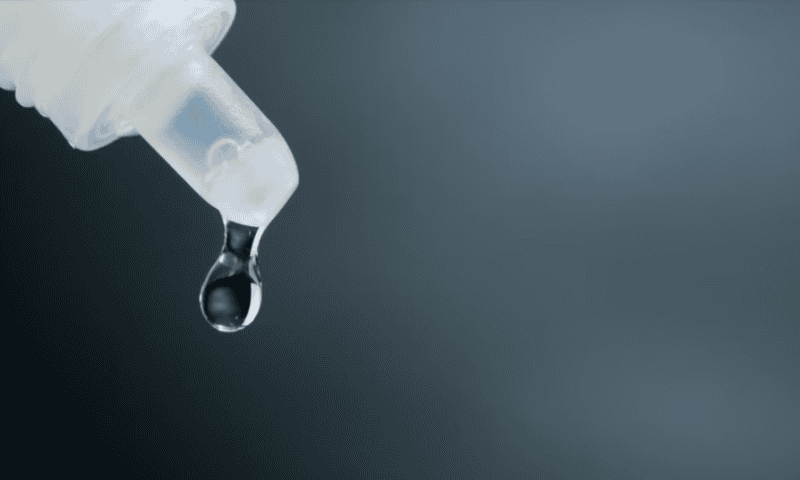After an FDA rejection last year, Aldeyra Therapeutics has scored a clinical win for dry eye drug reproxalap, which significantly reduced ocular discomfort in a new phase 3 study.
Reproxalap is an investigational small molecule drug that was assessed among 132 patients exposed to a dry eye chamber. The ophthalmic solution hit the trial’s primary endpoint by demonstrating statistical superiority in ocular discomfort compared to vehicle—the drug product minus the active ingredient—after 80 to 100 minutes in the chamber, according to an Aug. 8 release. Ocular discomfort, or eye pain, is an FDA-accepted symptom of dry eye disease.
“To our knowledge, the results announced today represent the first positive phase 3 clinical trial in a dry eye chamber with a symptom as a primary endpoint, and we believe that the results are supportive of the potential rapid clinical effect of reproxalap on reducing the ocular discomfort associated with dry eye disease,” Aldeyra President and CEO Todd Brady, M.D., Ph.D., said in the release.
No safety signals were reported in the trial and reproxalap was well tolerated, according to Aldeyra.
Near the end of last year, the FDA shut down Aldeyra’s ask to approve reproxalap in the same indication, telling the biotech in a complete response letter that the company had failed to demonstrate “efficacy in treating ocular symptoms associated with dry eyes,” Aldeyra explained at the time.
The agency explained that efficacy could be shown with two symptom trials and two sign trials. Aldeyra had already undertaken two trials for ocular redness and a dry eye disease symptom trial. Aldeyra submitted a special protocol assessment to the FDA on Nov. 16 requesting a dry eye disease chamber crossover clinical trial similar to one the biotech had previously conducted.
In the complete response letter, the FDA said the biotech needed “at least one additional adequate and well-controlled study to demonstrate a positive effect on the treatment of ocular symptoms of dry eye” to engage in the resubmission process, according to Aldeyra. The agency then provided feedback on the new clinical trial protocol and statistical plan.
Participants in the trial that read out today received reproxalap or vehicle before and during chamber exposure in a way Aldeyra believes is consistent with the FDA’s dry eye disease draft guidance.
The Lexington, Mass.-based company now expects to refile for approval sometime this year. The resubmission review period is expected to be six months.
It’s been a rocky road for reproxalap thus far. Beyond the FDA snub, the drug has faced several other setbacks. In late 2021, Aldeyra reported that a phase 3 study missed the primary goal of improving ocular redness. The company switched up the main goal to focus on tear production, finding in June 2022 that the study was a success on that measure. That trial provided the underpinnings for Aldeyra’s initial approval request.
Aldeyra is also developing reproxalap in allergic conjunctivitis, or eye allergies. In June 2023, the company snagged a phase 3 win in the area, with reproxalap demonstrating statistically significant reductions in eye itchiness. Before reproxalap’s rejection in dry eye disease, the biotech had said it intended to meet with the FDA to discuss a new drug filing for conjunctivitis in the first half of 2024.
Still, AbbVie has seen potential in reproxalap, inking an exclusive option agreement in November 2023 for the rights to develop, manufacture and commercialize the drug. The deal is worth up to $300 million biobucks, including a $100 million milestone payment tied to FDA approval in dry eye disease.
Aldeyra’s stock has risen 14% to $3.70 per share as of 10:30 a.m. ET today.

